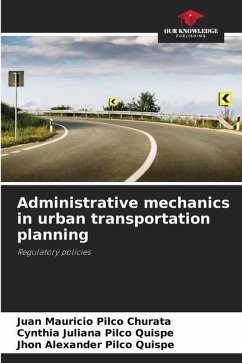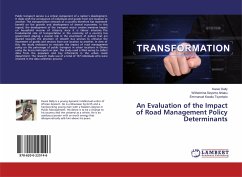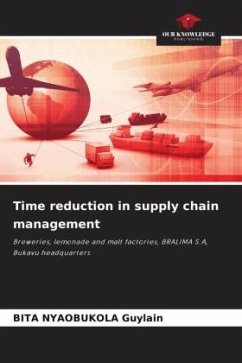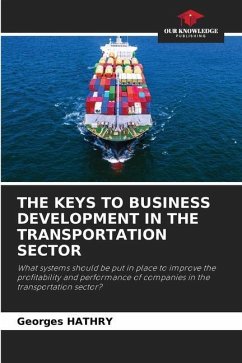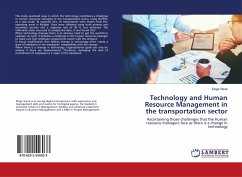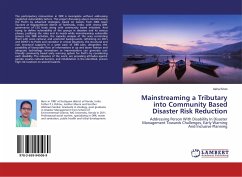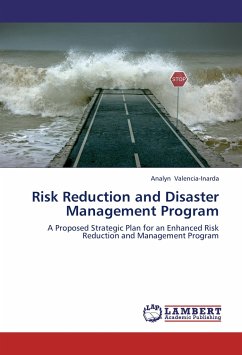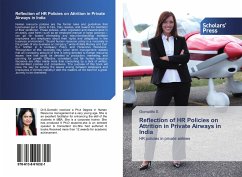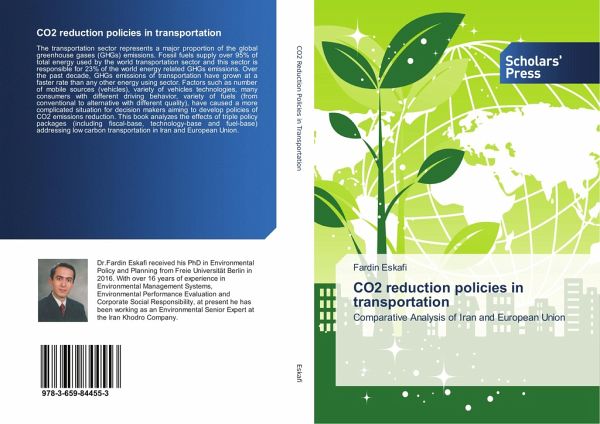
CO2 reduction policies in transportation
Comparative Analysis of Iran and European Union
Versandkostenfrei!
Versandfertig in 6-10 Tagen
62,99 €
inkl. MwSt.

PAYBACK Punkte
31 °P sammeln!
The transportation sector represents a major proportion of the global greenhouse gases (GHGs) emissions. Fossil fuels supply over 95% of total energy used by the world transportation sector and this sector is responsible for 23% of the world energy related GHGs emissions. Over the past decade, GHGs emissions of transportation have grown at a faster rate than any other energy using sector. Factors such as number of mobile sources (vehicles), variety of vehicles technologies, many consumers with different driving behavior, variety of fuels (from conventional to alternative with different quality...
The transportation sector represents a major proportion of the global greenhouse gases (GHGs) emissions. Fossil fuels supply over 95% of total energy used by the world transportation sector and this sector is responsible for 23% of the world energy related GHGs emissions. Over the past decade, GHGs emissions of transportation have grown at a faster rate than any other energy using sector. Factors such as number of mobile sources (vehicles), variety of vehicles technologies, many consumers with different driving behavior, variety of fuels (from conventional to alternative with different quality), have caused a more complicated situation for decision makers aiming to develop policies of CO2 emissions reduction. This book analyzes the effects of triple policy packages (including fiscal-base, technology-base and fuel-base) addressing low carbon transportation in Iran and European Union.



